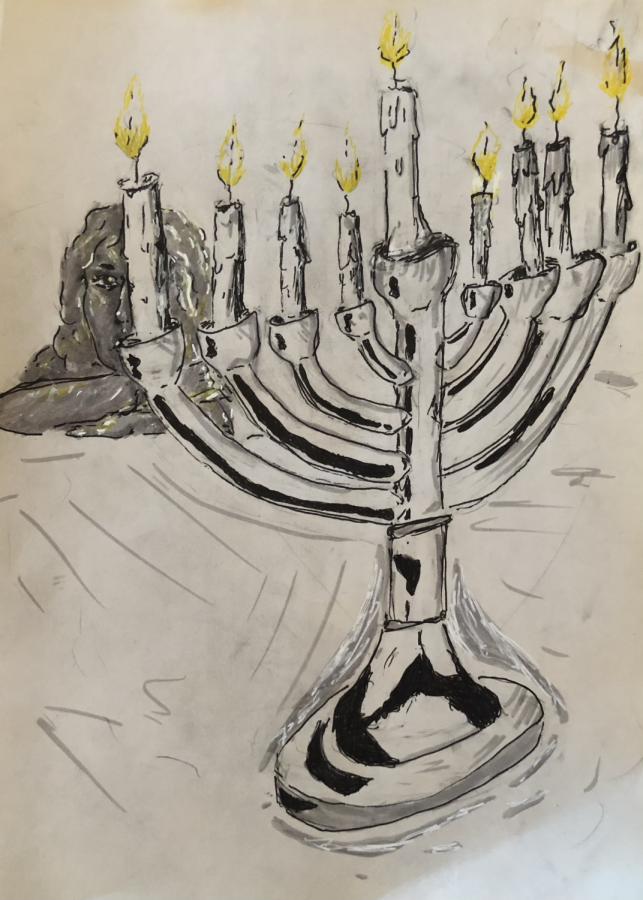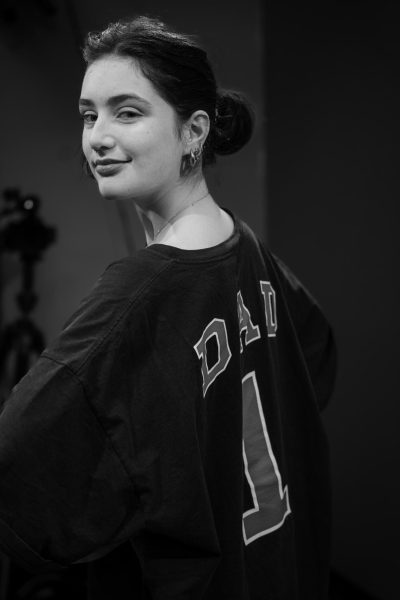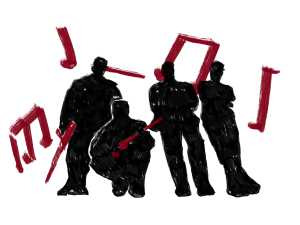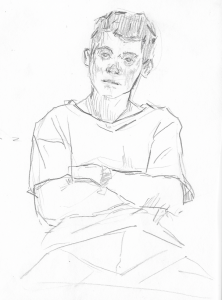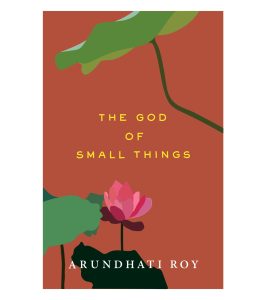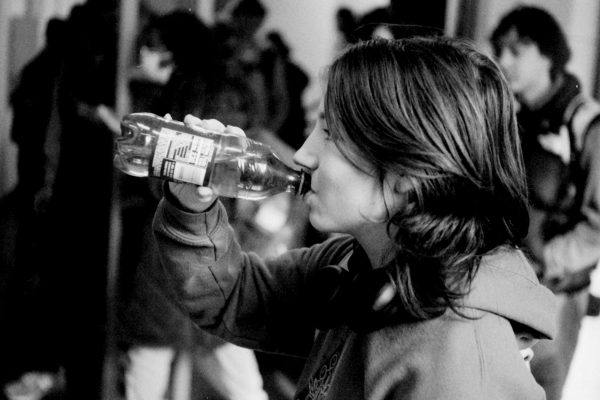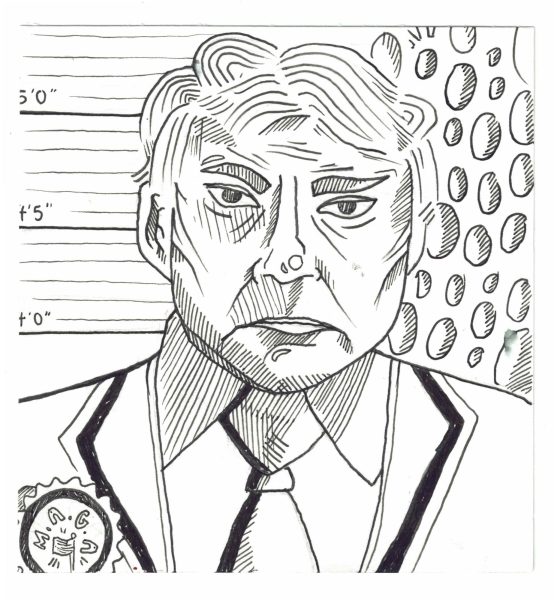Hanukkah: The Misconceptions Around a “Jewish Christmas”
December 25, 2021
Is Hanukkah really a “Jewish Christmas”? Well no, not at all. While giving gifts at Christmas serves to represent the Three Wise Men giving gifts to Mary, gift-giving has no presence in the origins of Hanukkah.
During the 2nd century BCE, the Seleucid Empire (Syrian Greeks) took control of Jerusalem and the Second Temple, outlawing Judaism and desecrating the temple. A ragtag group of Jewish soldiers, the Maccabees, took back the temple and went to light the holy menorah. When they went to light it, however, they discovered only one day’s worth of oil, but in miraculous fashion, the oil lasted eight days, long enough to produce ritually pure oil.
Basically, Hanukkah is about a group of Jews that stood up to their oppressors, rejecting any notion of assimilation for the reward of safety. Hanukkah is celebrated today by lighting candles, one for each of the eight nights, and then on the final night there is a beautiful collection of light, contributing to Hanukkah being recognized as the “Festival of Lights.”
To understand how Hanukkah became known as the “Jewish Christmas” to the American public requires an understanding of what Hanukkah means to most Jews. Most American Jews today trace their lineage back to Eastern Europe in immigration waves during the late 1800s to the mid 1900s. For many, practicing Judaism was dangerous, and they were often forced to practice and pray privately among family or in Jewish communities.
What better holiday to choose to commemorate than the celebration of light and rejecting assimilation?
Migrating to America brought not only new hopes for a better life, but also a sense of safety surrounding religious freedom, something many had never experienced. What better holiday to choose to commemorate than the celebration of light and rejecting assimilation?
However, therein lies the irony of gift-giving around Hanukkah. Celebrating Hanukkah became something almost every Jewish person did, and was suddenly present every holiday season. However, giving gifts for Hanukkah wasn’t originally tradition outside the US. It stems from children asking for presents around the holiday season, under the influence of Christmas spirit and advertisements.
As a child, I was jealous of my Christian peers, and even my non-religious friends that would still partake in Christmas gift giving. That comes from the idea of cultural Christianity, where the non religious public welcomes Christmas or other Christian traditions when everyone else does too. All of my friends knew who Santa was; why were all my friends getting presents? I understood the personal reasons, but always remembered feeling left out. All I knew is that I got an eight day holiday, no school off, and my reward was fried potato and lighting candles.
I will admit that my family does partake in gift-giving, but it’s often one larger gift and my parents always preface it with an admission that this isn’t what the holiday is about. This phenomenon isn’t unique to me, and the majority of my Jewish friends do the same thing, yet most of us know the original story behind Hanukkah, not the assimilated version of gift-giving we live with today.
This piece also appears in our December 2021 print edition.

